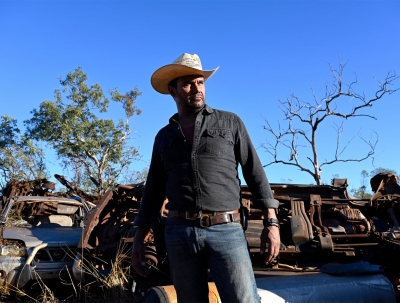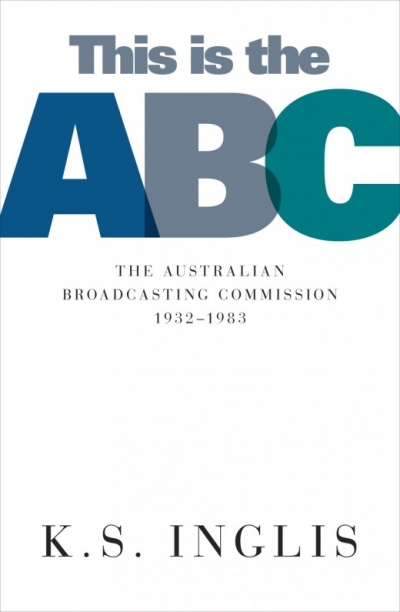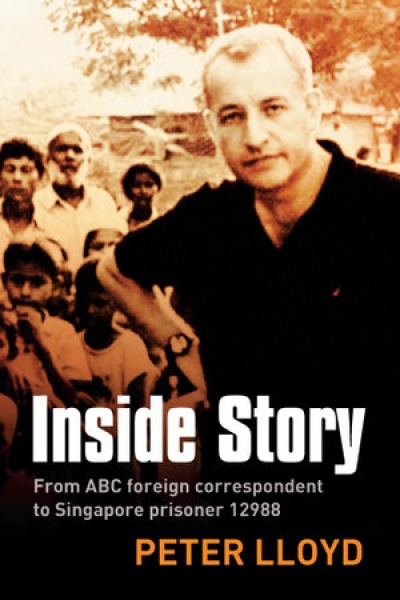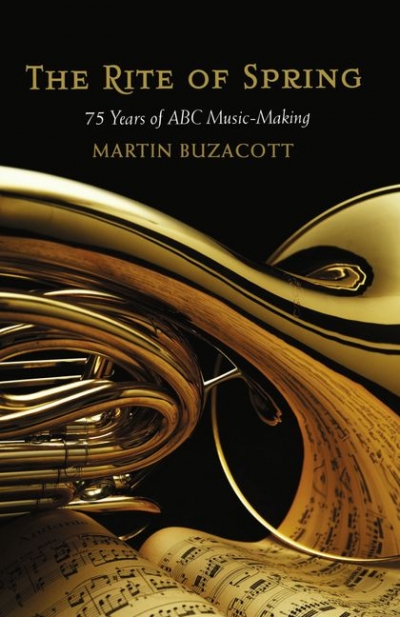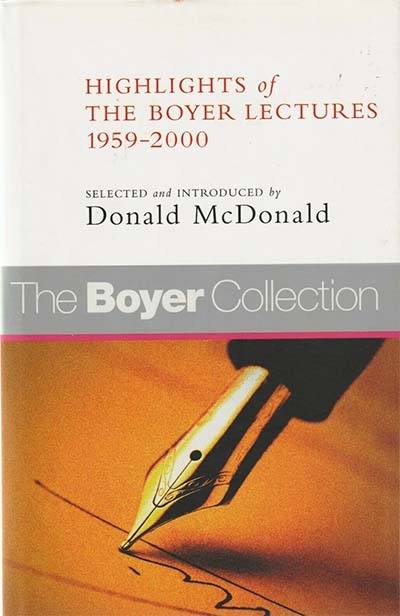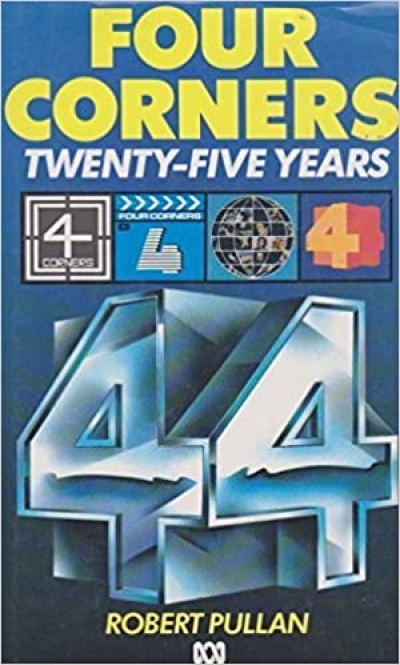ABC
12 March 1921: after four weeks of hard campaigning as a Nationalist candidate in the Western Australian state election, Edith Cowan received the news that she had won the seat of West Perth by forty-six votes, making her Australia’s first ever woman parliamentarian. Cowan was shocked: initially she didn’t want to run and discounted her chances of success. As the sole winner among five women candidates across the state, Cowan saw hers as a victory for all women. She used her new position to build on the social welfare and reform work in which she had been involved since the 1890s, promoting motherhood endowment, sex education, migrant welfare and infant health centres. Though her time in office was short (1921–24), Cowan had made history in taking a seat at the parliamentary table.
... (read more)Spoiler alert: at the end of Ken Kesey’s One Flew Over the Cuckoo’s Nest, Randle Patrick McMurphy is lobotomised. It’s a tragic defeat for a counter-culture hero and a barbaric victory for the institution housing him. The psychiatric facility is depicted as a prison, its residents the doomed inmates, and its head nurse, the villainous Nurse Ratched, the warden. In that story, madness is analogous to freedom, and the final image of Chief making his escape for Canada is a much-needed glimmer of resistance and hope.
... (read more)As a genre, the western springs from colonial tension: tension between the old ways and the new; between the native people and an invading population; between humans and the land itself; between lore and the law. There are no westerns set in Britain. And while the gunslinging adventures of cowboy frontiersmen may have receded into the background of American culture, the genre remains ripe with critical and narrative potential for more freshly colonised countries like Australia.
... (read more)This Is the ABC: The Australian Broadcasting Commission, 1932–1983 by Ken S. Inglis
Supporting the ABC; Jolley Prize; W.H. Auden; Morag Fraser's upcoming biography of Peter Porter; The Peter Porter Poetry Prize; ABR in Perth; Free copies of ABR in select bookstores; Dilan Gunawardana leaves ABR; Jack Callil is the new Assistant Editor ...
... (read more)Inside Story: From ABC correspondent to Singapore prisoner #12988 by Peter Lloyd
The Rite of Spring: 75 Years of ABC music-making by Martin Buzacott
At the height of summer fire danger, on Friday, 13 February 2004, the ABC launched on its website an online documentary about the most awesome bushfires since the European occupation of Australia. The Black Friday fires of 1939 still represent the ‘worst possible’ conditions in a continent of fire. The website reveals just how deeply Black Friday burned into the national conscience, and how profoundly it changed attitudes to society and nature. It also took lives and left survivors with enduring emotional and physical scars. Some of those stories are told for the first time.
... (read more)


